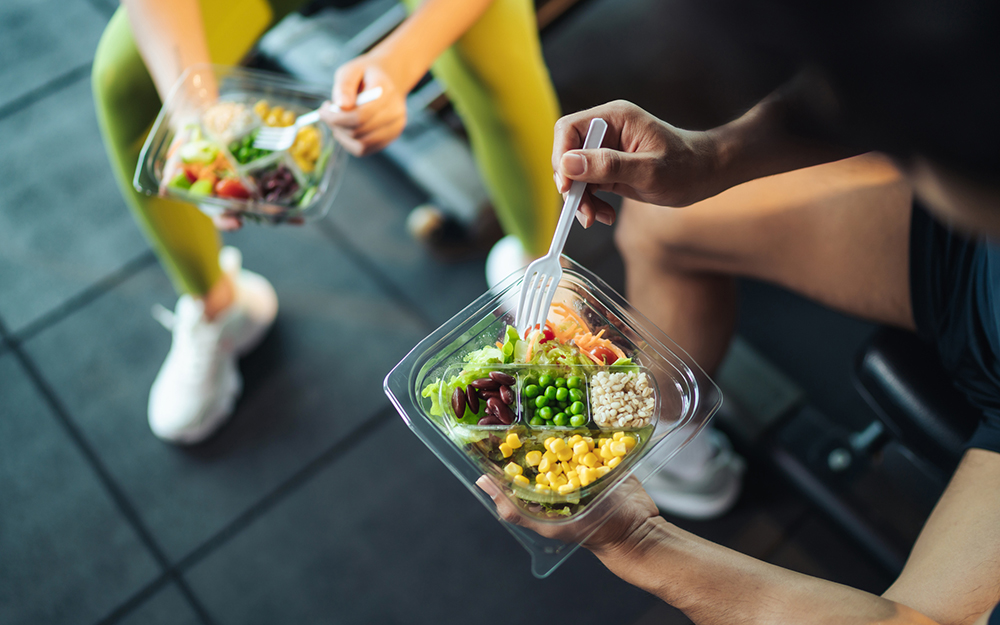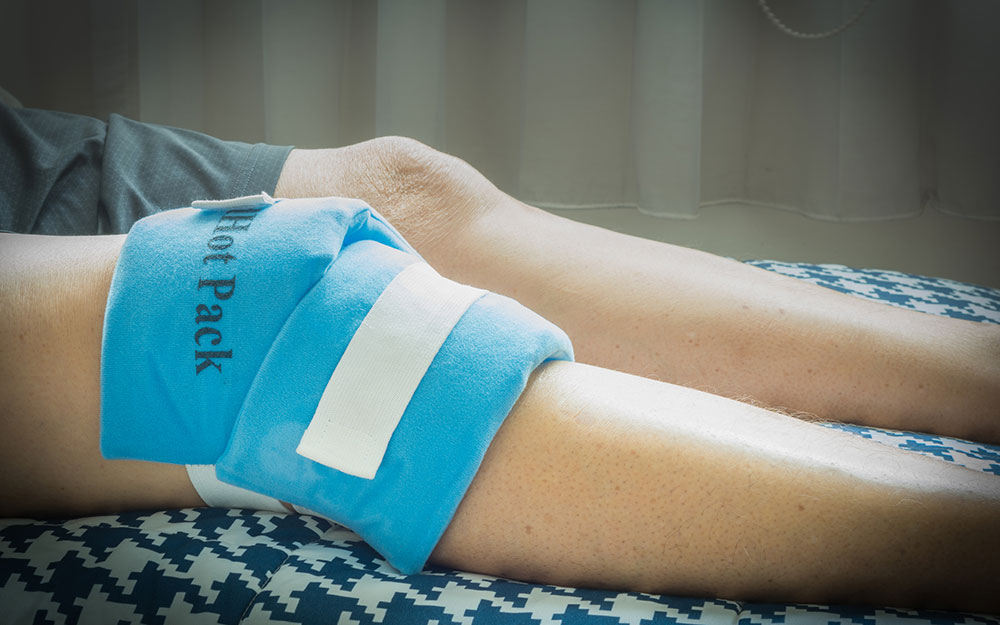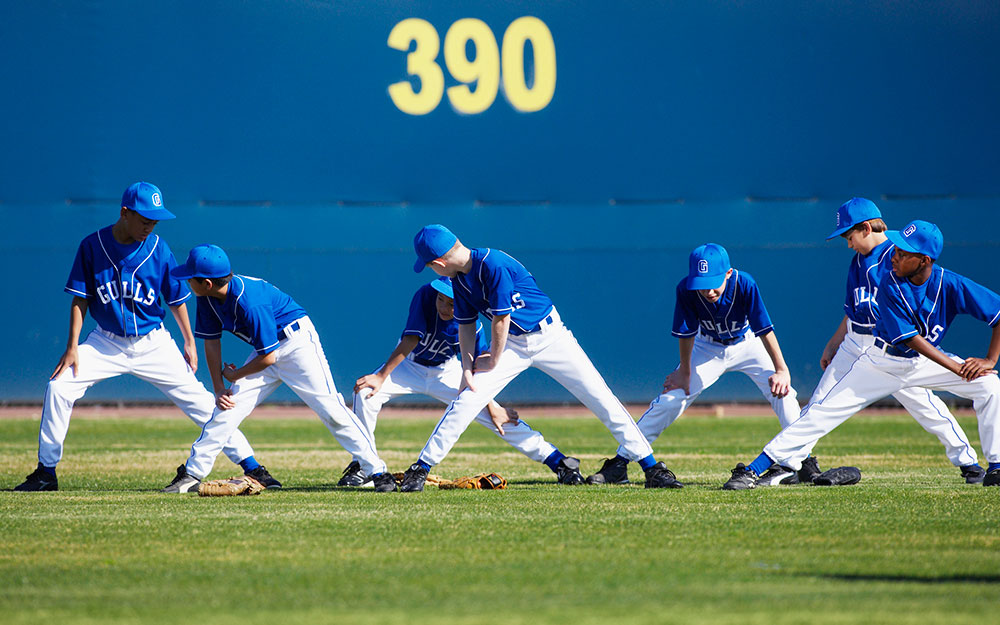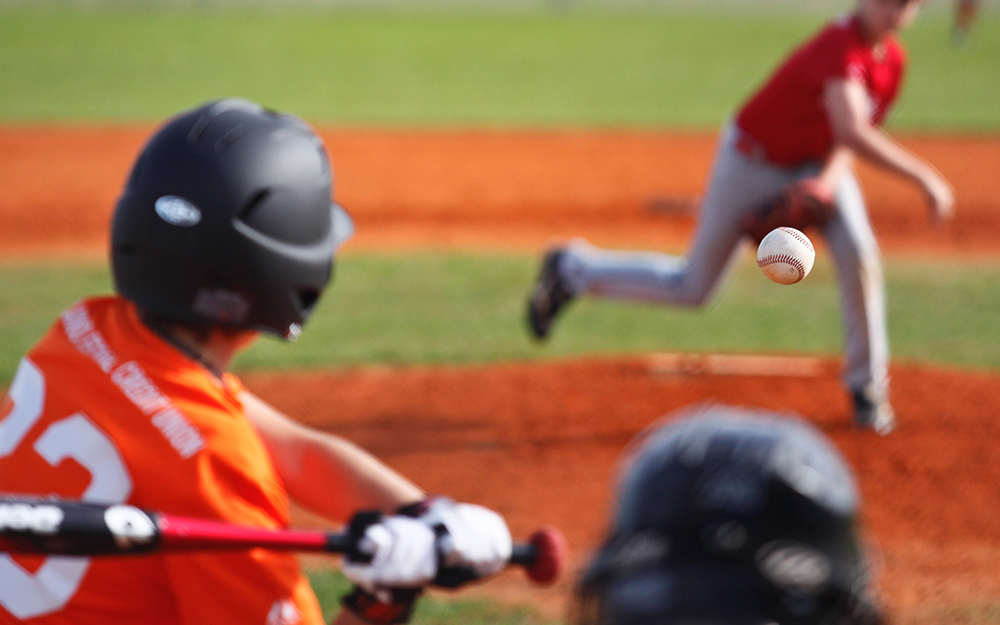Eating Well Is Crucial After Working Out
Date
January 1, 2025

Date
January 1, 2025
Credits
Medical providers featured in this article
In Brief
{{cta-block}}
Whether you do an easy or a particularly strenuous workout, deciding what to eat afterward may be more important than you think.
The main reason you should eat after exercise is it replenishes what was lost during the workout. Of course, most people know consuming a lot of calories after exercising can undermine both the weight-maintenance benefits and other purposes of the workout. But if you find yourself starving after working out, what are the most satisfying and nutritious things to eat? What should you focus on, and what should you avoid? Let’s explore.
{{providers}}
It’s crucial to think about macronutrients: carbohydrates, proteins and fats. Carbohydrates are an essential energy substance needed to speed recovery time, and delay fatigue, following a workout. They are crucial for restoring muscle glycogen stores and minimizing exercise-induced hypoglycemia (blood sugar deficiency in the bloodstream). Carbs also maintain post-workout energy levels. Carbohydrate-rich snacks are especially helpful after endurance cardio workouts.
Not all carbohydrates are equal, however. So, for example, eat whole wheat toast after exercise, not a doughnut.
Amino acids and proteins are important for muscle protein synthesis. Exercise triggers the breakdown of muscle protein, especially exercises that include resistance training. High-quality protein sources such as milk, eggs, soy, wheat and peas can help restore and recover.
As for the fat part of the macronutrient equation, again focus on quality. Salmon is an excellent example of a post-workout recovery food that is high in protein and heart-healthy fats such as omega-3s. A bonus: These heart-healthy fats are also known to decrease the muscle inflammation that causes you to feel sore after a workout.
Hydration is also vital. The right amount of water to drink after exercise should be dictated by the balance between your water intake and water loss during your workout session. One way to calculate how much you need is to weigh yourself before and after a workout. Drink 2-to-3 cups of water for each pound lost while working out. If the exercise session has lasted an hour or less, water is all you need to replenish. If the workout was longer than an hour, then an option such as coconut water can help you to replace the electrolytes that were lost while sweating.
Post-workout snacks should be about 150 calories in a 3:1 ratio of carbohydrates to proteins after exercising for an hour or longer. If you have a full meal after a workout, make sure it is healthy and well-balanced. In general, avoid excessive fat and calories. Too much fat can slow down digestion, and excessive calories might even lead to weight gain.
Remember, focusing on the right types of foods is essential in restoring what is lost during exercise as well as in repairing damaged muscle tissue and building lean muscle mass. Once you make eating well a habit, it might even enhance your future exercise performance.






